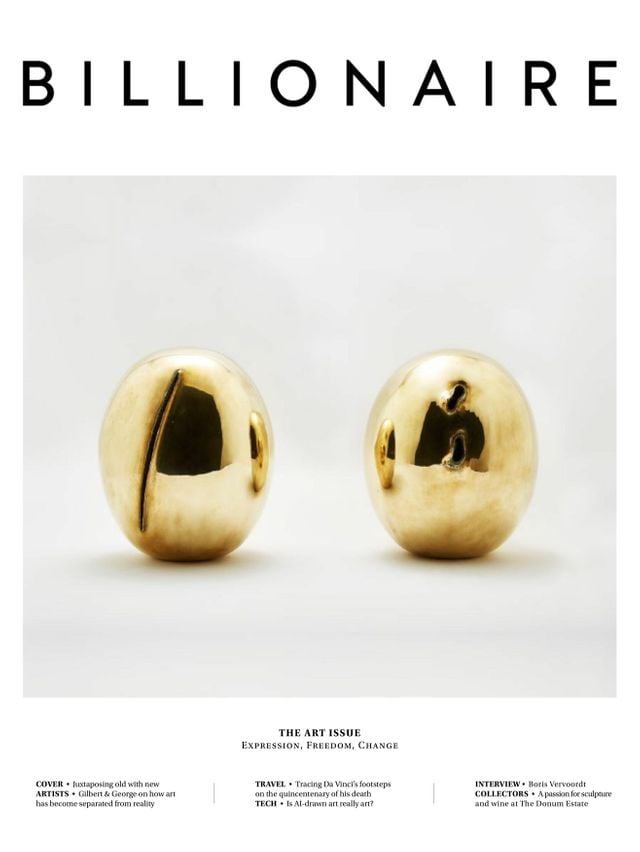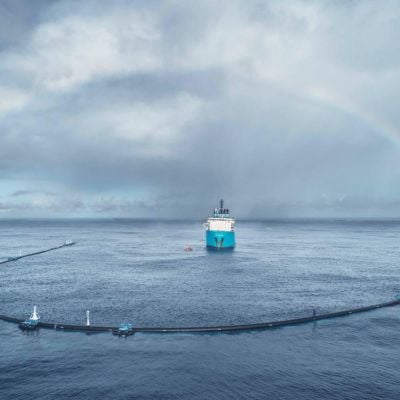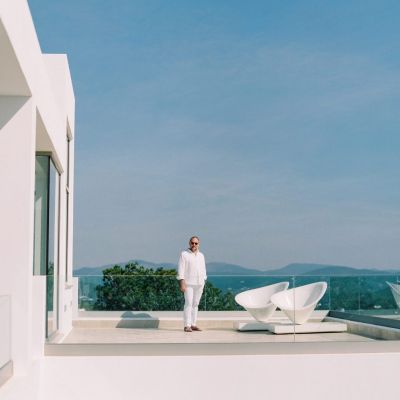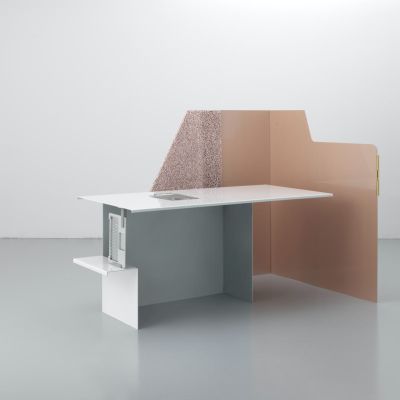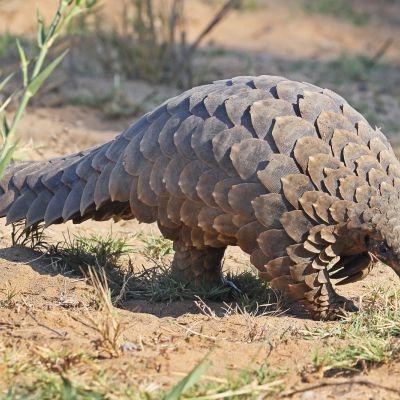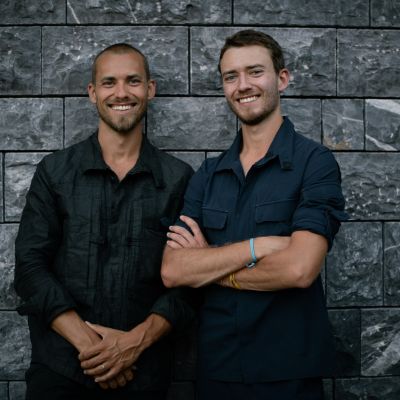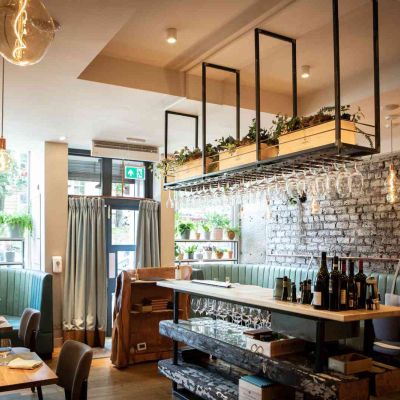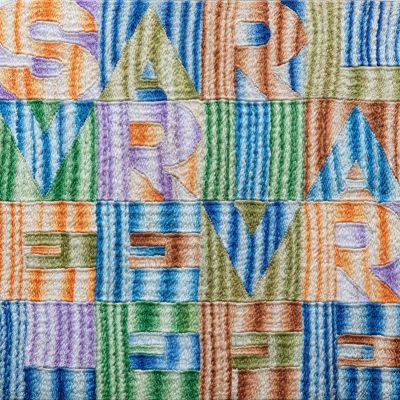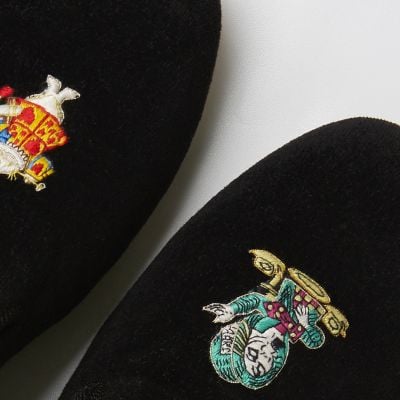The Power of Art
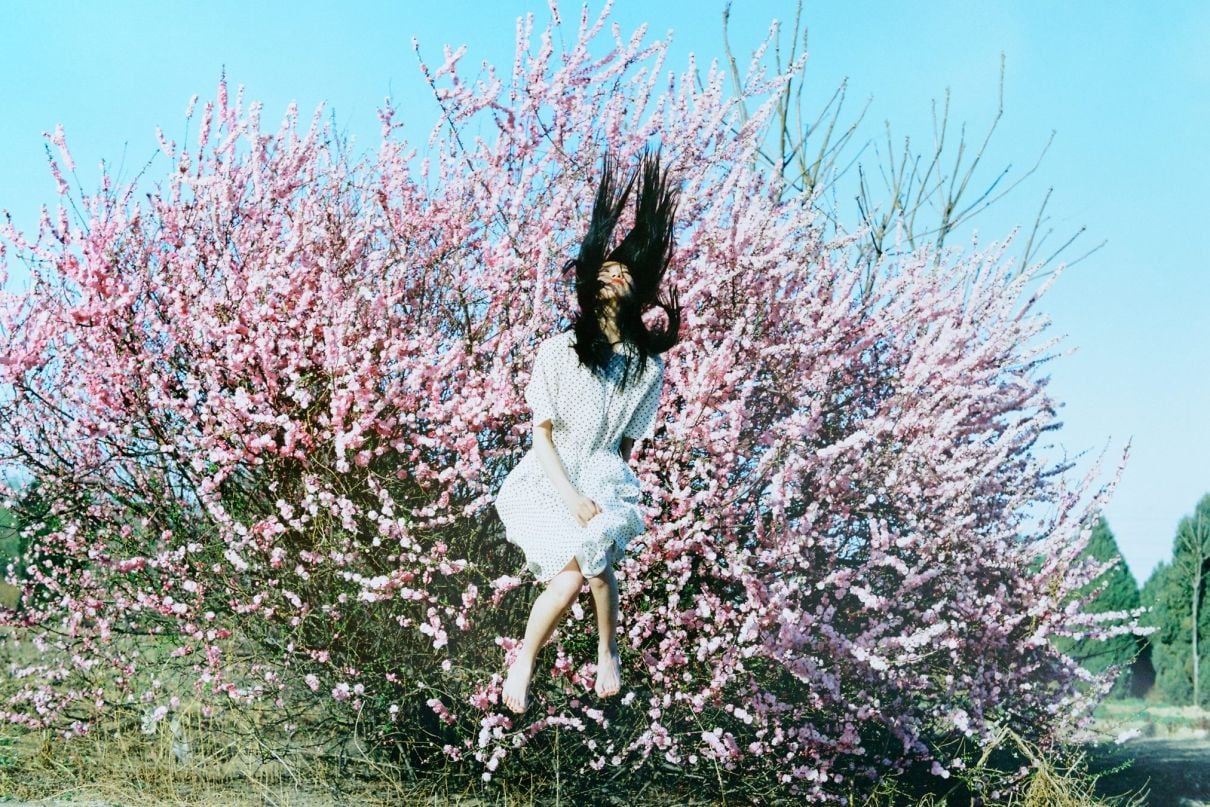
Patrick Sun is on a mission to show that art can be a tool in shifting societal attitudes to LGBTQ rights in Asia.
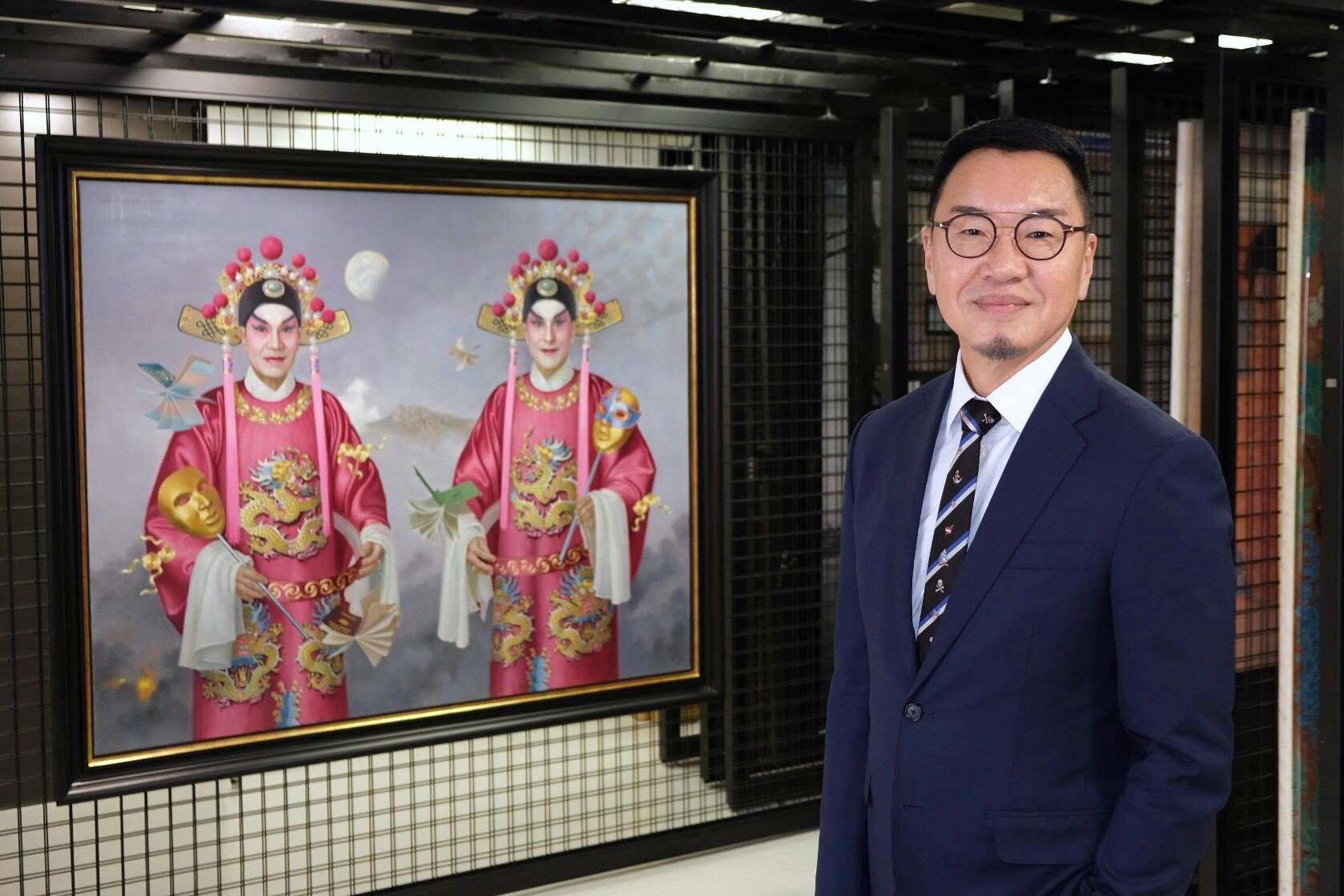
Patrick Sun was more delighted than most at Taiwan’s decision this year to allow same-sex marriage, the first Asian country to do so.
The Taipei-based, Hong Kong-born property developer and art collector came out when he was in his 20s. Sun had kept his sexuality a secret for fear of shaming his family, a not unfounded concern.
“I wasn’t prejudiced against specifically, but it was always there. My mother was devastated when I came out, she insisted that I go and see a psychologist to cure ‘my humours’. And I obliged! But after I came out, I became freer, and eventually she came to accept it.”
Sun has been campaigning ever since for social change. He has done this by funding protests and campaigns in Taipei and beyond, and through his contemporary art collection: The Sunpride Foundation.
The roster is dominated by gay Asian artists, for example, two works by the late Chinese photographer Ren Hang: one showing a girl jumping in front of a cherry tree; another, a semi-naked boy curled up on the grass. There is also Hong Kong artist Samson Young’s video art, Muted Situation #5: Muted Chorus 2016, showing a choir making no sound.
The crucial point at which Sun woke up to the need for large-scale change was after an incident in southern Taiwan in 2000 when a teenage boy committed suicide after being bullied about his sexuality.
Sun started building up the collection with the intention of normalising being gay to a rigid society. “When a lot of people think about a gay art show they think of homo-erotica, something sexual, but it’s really not about that. I believe in the power of art: it is inspiring and encourages discussion.”
He cites the example of a young mother who brought her son to see one of his first exhibitions at the Museum of Contemporary Art in Taipei (MOCA). “I heard her son ask, ‘mum, what is this all about?’ and she knelt down and explained, ‘sometimes men love men; sometimes men love women; and sometimes women love women’. But had there been a gay-pride protest in the street, the mother probably would have taken her son away. Art provides a good platform to communicate.”
For Sun, the foundation has been an exercise in staying true to himself. Previously he collected traditional Chinese paintings for 20 years until one day it dawned on him that the galleries and museums he was visiting were contemporary, not classical. “When I started thinking about my collection, I thought I should merge my two passions together: contemporary art and supporting gay rights.” Now Sun has over 200 works by 90 artists from Asia, from India to Japan. The works in the collection are either created by artists in the LGBTQ community or related to an LGBTQ theme.
Sun hopes that other Asian countries will follow Taiwan’s example of voting for same-sex marriage. “Among many things, it helps to dispel a common argument that homosexuality goes against Asian culture and values and reinforces that equal rights for the LGBTQ community is just as important in Asia as anywhere else in the world,” Sun explains.
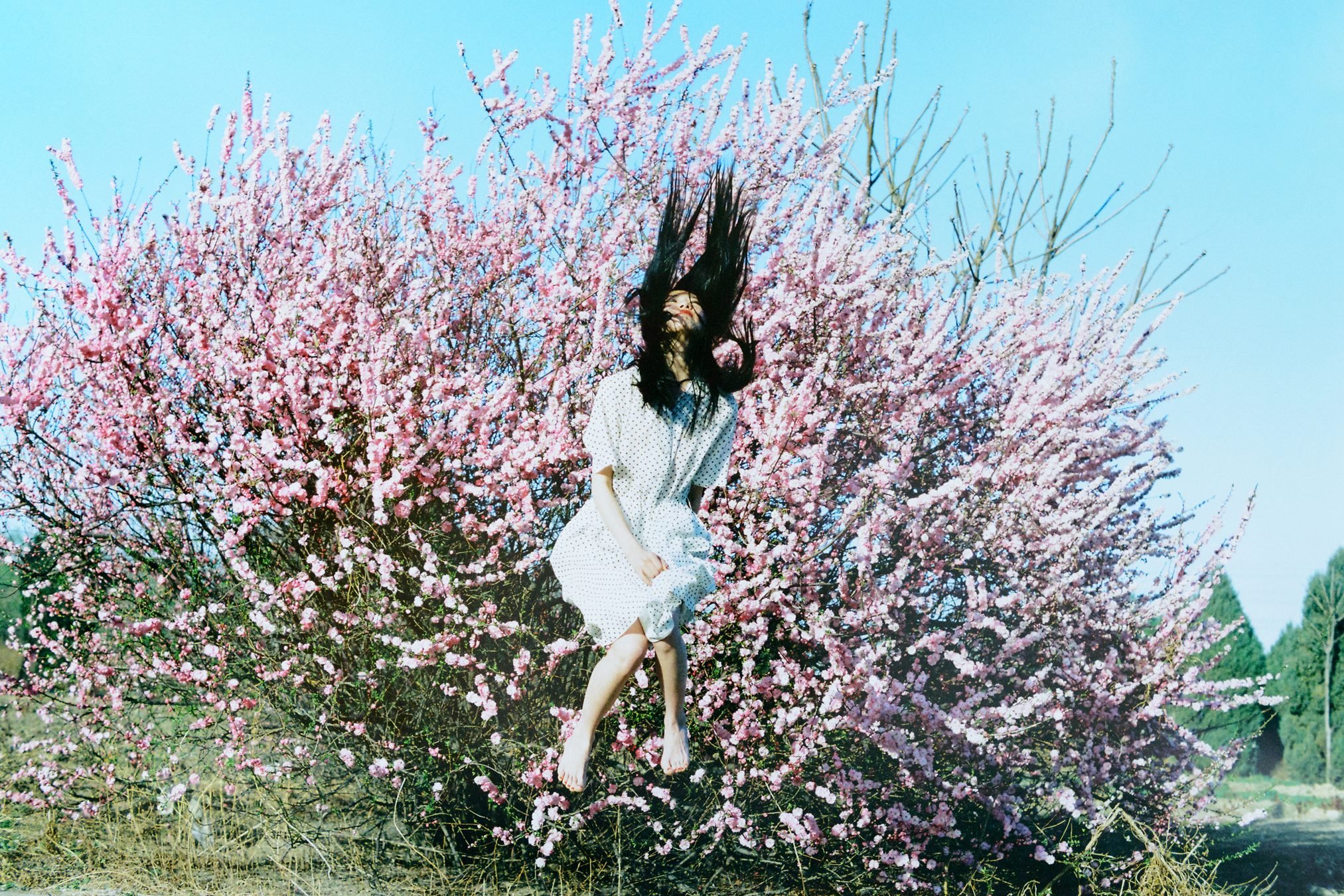
This November, Sun will open his collection at the Bangkok Art and Culture Centre, at a show titled Spectrosynthesis II — Exposure of Tolerance: LGBTQ in Southeast Asia, on view until 1 March 2020. It will be the largest-ever LGBTQ art exhibition, he says.
We are talking during Art Week in Hong Kong at the pool deck of the Grand Hyatt Hotel, where Sun is promoting his upcoming show. Immaculately coiffured with a neat goatee and a snazzy suit, he talks passionately yet politely.
“We hope to do what we did in Taipei with our next exhibition in Thailand: a country that is also currently reviewing laws on same-sex marriage and civil partnership. We will have one large-scale commissioned work in our exhibition that specifically tackles the issue of marriage.”
Sun says he is “overjoyed” with the recent Taiwanese vote but much work needs to be done to change attitudes towards gay people. He points to Bhutan and Bangladesh, where homosexuality is illegal, and the recent media furore over Brunei’s death penalty by stoning for being gay, which the country subsequently backtracked on.
But attitudes do change. Sun recalls an anecdote about his “incredibly conservative, 99 year-old-father”, who never talked about to him about his sexuality. “The ultimate surprise came last year, when he asked to come to see the show! I walked him through with my team, and I asked him, ‘do you understand what we’re talking about?’ He said ‘no son, but with all this support from the museums and the people and the media, you must be doing something right.’ That meant so much.”
This article originally appeared in Billionaire's Art Issue, June 2019. To subscribe contact

